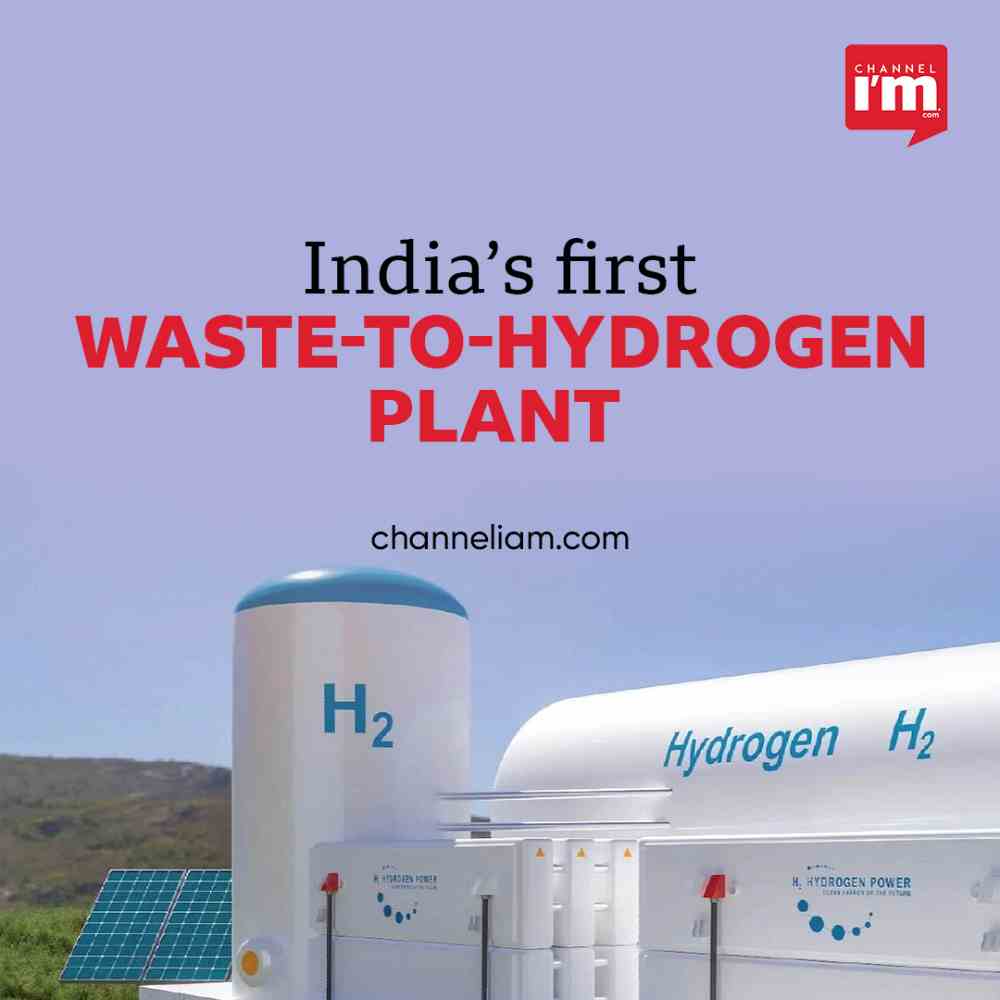Pune will build the first-ever solid waste to hydrogen factory in the nation. The Pune Municipal Corporation will establish the plant for 430 crore rupees. The Green Billions Ltd (TGBL), a company that offers sustainability solutions, will set up the facility under a 30-year contract with the PMC.

The plant will be set up to process 350 tonnes of solid waste per day by the end of the next year, according to information supplied by PMC officials. The project will be implemented by Variate Pune Waste to Energy Pvt Ltd, a fully-owned subsidiary of TGBL, with project management consultancy provided by the Pune plant PSU Broadcast Engineering Consultants India Ltd (BECIL).
Ten tonnes of fuel-grade hydrogen will be produced by the PMC from solid waste. This is the nation’s initial attempt at hydrogen extraction. The goal is to have the full plant finished by November 2024. The first ten tonnes reactor will be deployed by November 2023. According to Nitin Gadkari, Union Minister for Road Transport and Highways, hydrogen is the fuel of the future and it can be produced from municipal garbage.
According to a statement made by BECIL, the project would allow Pune to divert more than 3.8 million MT of garbage from the landfill and will directly serve more than 180,000 homes. It will also allow Pune to eliminate up to 2.5 million MT of CO2e. Municipal solid waste (MSW) that would otherwise be disposed of in low-lying urban areas would be diverted, saving up to 689.5 cubic metres of space per day and 25.16 hectares of valuable land annually.
The refuse derived fuel (RDF) from the waste will eventually be used to produce hydrogen using plasma gasification technology, according to a statement from TGBL. The Bhabha Atomic Research Institute (BARC) and the Indian Institute of Science, Bengaluru, worked closely together to develop the technology.
The demand for energy is rising across all industries as the Indian economy expands. Indian energy reserves are under a lot of pressure to meet the rising demand as a result of the scenario. It has increased the focus on identifying and developing alternative energy sources, primarily green and clean sources that do not affect the environment. It is crucial to discover alternatives to promote clean hydrogen in the nation because of the Ministry of New and Renewable Energy’s (MNRE) growing demand for clean hydrogen production. We know that effective garbage collection and disposal is essential for managing urban solid waste. Unsustainable waste management has an impact on living conditions in many cities, particularly in India.
The entire endeavour tries to show that producing hydrogen from garbage is both technologically and economically feasible. These initiatives will not only assist India in achieving its decarbonization targets but will also lower emissions from waste disposal, as the Indian government has placed a major emphasis on the use of hydrogen. Once attained, the objectives will assist India in realising its Swachh Bharat vision and achieving its hydrogen ambitions.
